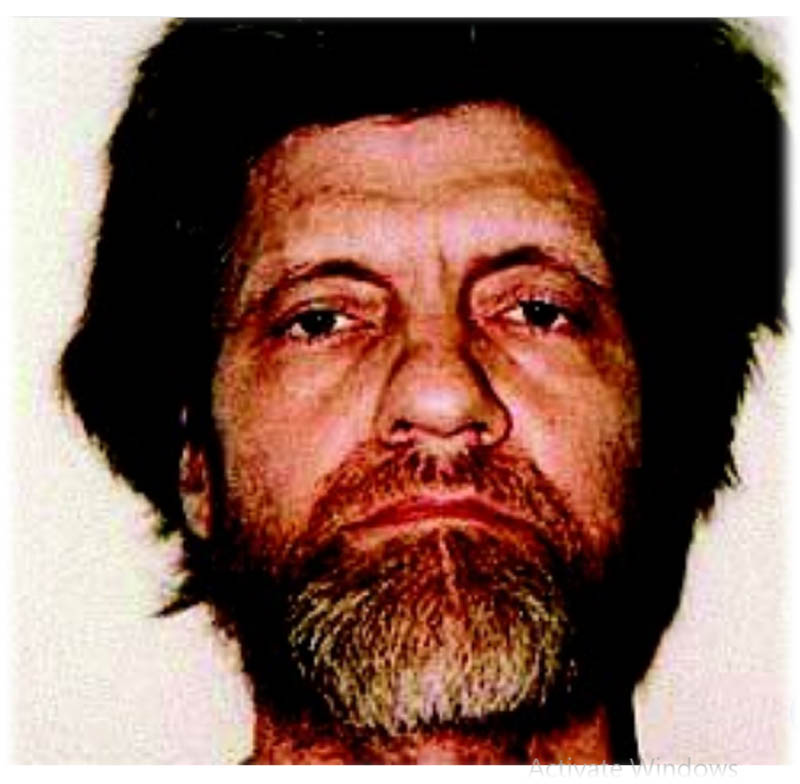Unabomber Ted Kaczynski dies at 81

Washington: Theodore “Ted” Kaczynski, the Harvard-trained math professor who unleashed a deadly bombing campaign from a shack in rural Montana and became known as the “Unabomber,” has died, media reports said.
He was 81.
Kaczynski was found unresponsive in his cell at the Federal Medical Center in Butner, North Carolina, around 12:25 a.m., Saturday morning, the Federal Bureau of Prisons said in a statement as quoted by CNN.
“Responding staff immediately initiated life-saving measures,” the bureau said. “Staff requested emergency medical services (EMS) and life-saving efforts continued. Mr. Kaczynski was transported by EMS to a local hospital and subsequently pronounced deceased by hospital personnel.”
Theodore “Ted” Kaczynski came to attention in 1978 with the explosion of his first, primitive homemade bomb at a Chicago university.
"Over the next 17 years, he mailed or hand delivered a series of increasingly sophisticated bombs that killed three Americans and injured nearly two dozen more. Along the way, he sowed fear and panic, even threatening to blow up airliners in flight," read a statement issued by the FBI.
In 1979, an FBI-led task force that included the ATF and U.S. Postal Inspection Service was formed to investigate the “UNABOM” case, code-named for the UNiversity and Airline BOMbing targets involved.
The task force would grow to more than 150 full-time investigators, analysts, and others.
In search of clues, the team made every possible forensic examination of recovered bomb components and studied the lives of victims in minute detail.
These efforts proved of little use in identifying the bomber, who took pains to leave no forensic evidence, building his bombs essentially from “scrap” materials available almost anywhere.
And the victims, investigators later learned, were chosen randomly from library research.
We felt confident that the Unabomber had been raised in Chicago and later lived in the Salt Lake City and San Francisco areas.
This turned out to be true.
His occupation proved more elusive, with theories ranging from aircraft mechanic to scientist.
Even the gender was not certain: although investigators believed the bomber was most likely male, they also investigated several female suspects.
The big break in the case came in 1995. The Unabomber sent us a 35,000 word essay claiming to explain his motives and views of the ills of modern society. After much debate about the wisdom of “giving in to terrorists,” FBI Director Louis Freeh and Attorney General Janet Reno approved the task force’s recommendation to publish the essay in hopes that a reader could identify the author.



